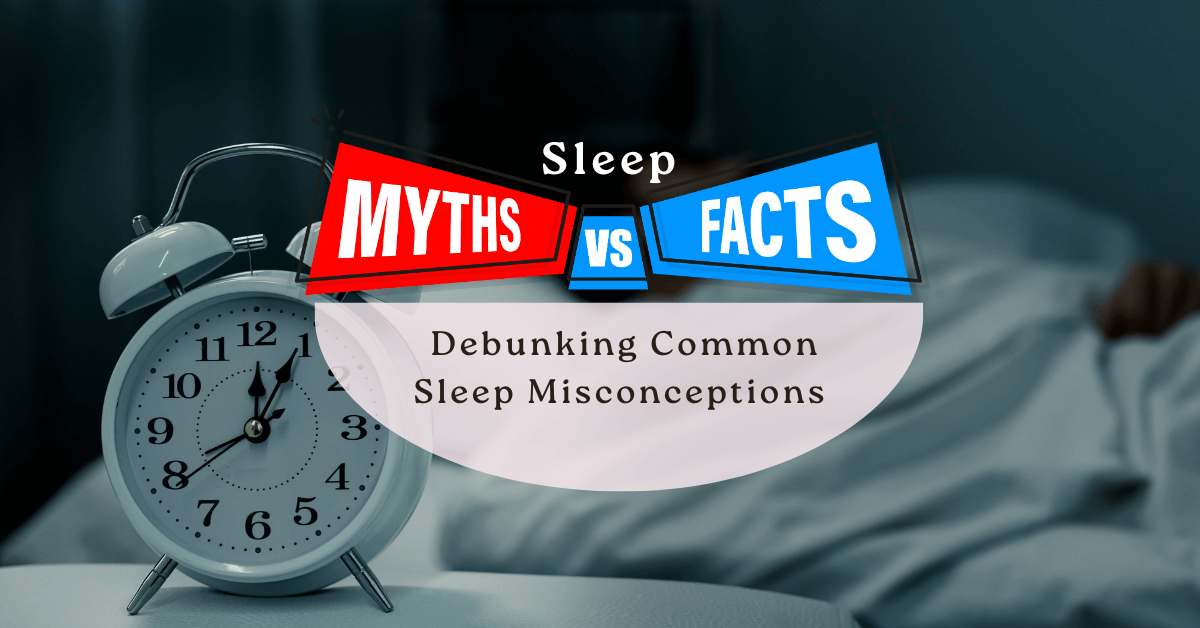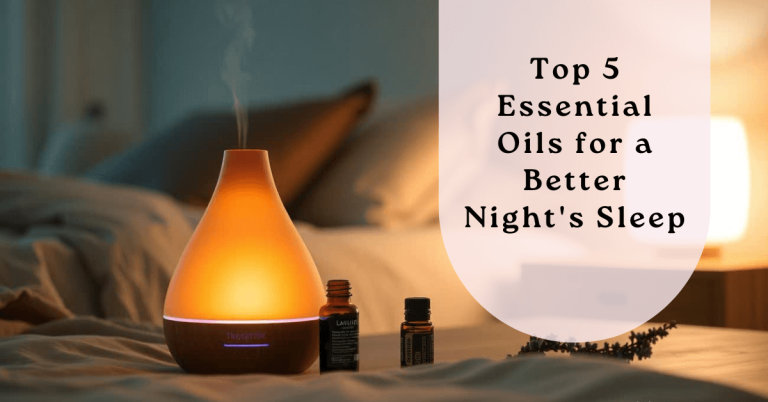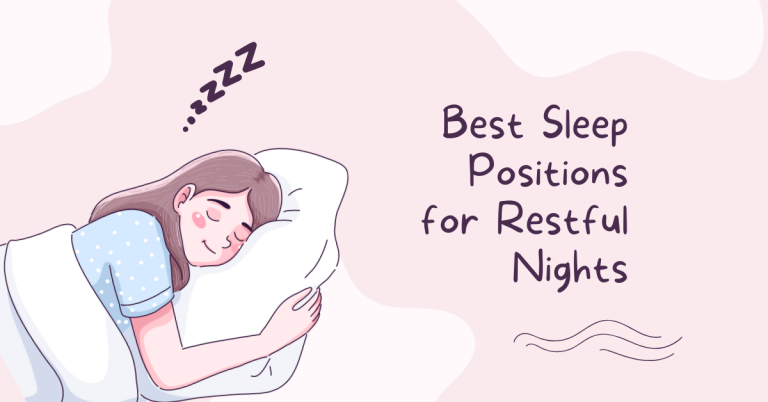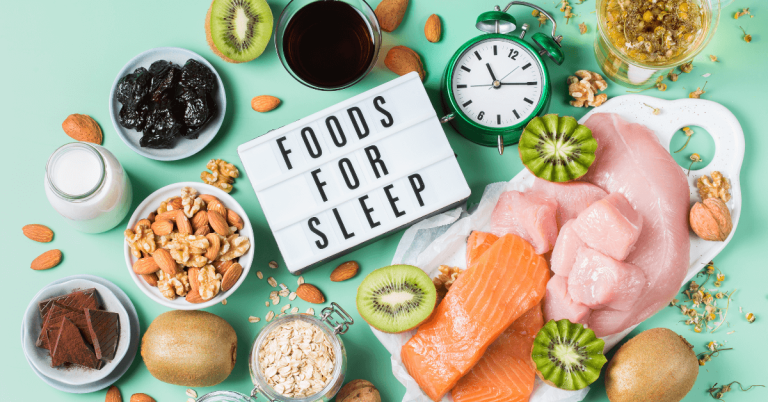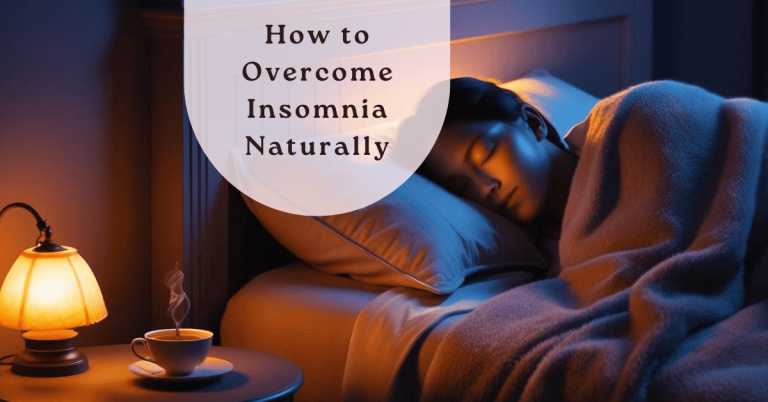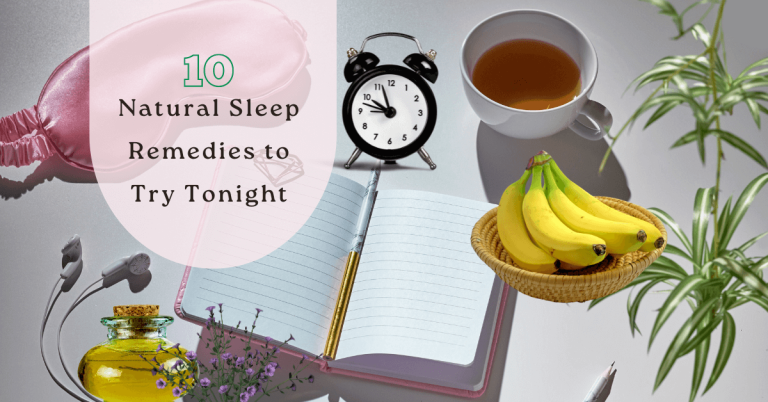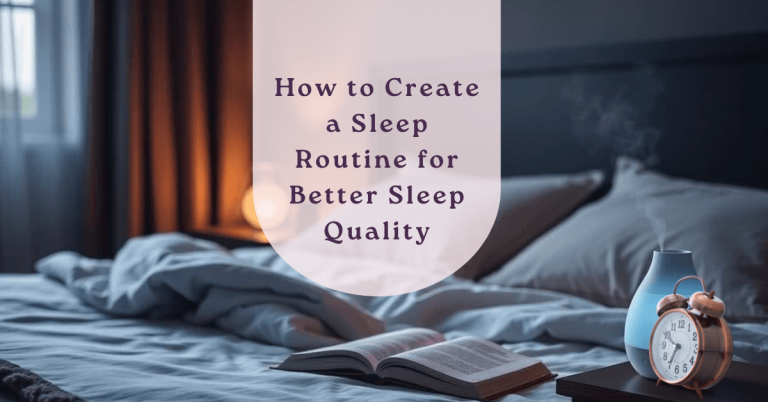Sleep Myths vs. Facts: Debunking Common Sleep Misconceptions
Getting a good night’s sleep is essential for your health and well-being, yet there are plenty of myths that mislead people about what truly helps or harms sleep quality. Let’s debunk some of the most common sleep myths with science-backed facts!
❌ Myth: You Can “Catch Up” on Sleep Over the Weekend
✅ Fact: Lost sleep can’t be fully recovered—consistency is key!
Many people think they can sleep less during the week and make up for it by sleeping in on weekends. Unfortunately, sleep doesn’t work like a bank account. While extra rest might temporarily relieve tiredness, it doesn’t fully restore the negative effects of sleep deprivation, such as cognitive impairment, weakened immunity, and increased risk of chronic diseases. The best strategy? Stick to a consistent sleep schedule every day.
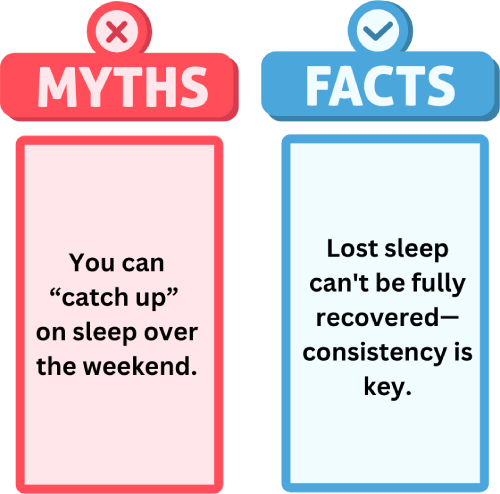
❌ Myth: Watching TV Helps You Fall Asleep
✅ Fact: Blue light actually disrupts melatonin production.
Many people believe that watching TV or scrolling on their phone before bed helps them relax, but screens emit blue light, which interferes with melatonin production—your body’s natural sleep hormone. Instead of unwinding with screens, try reading a book, practicing deep breathing, or listening to calming music to improve sleep quality.
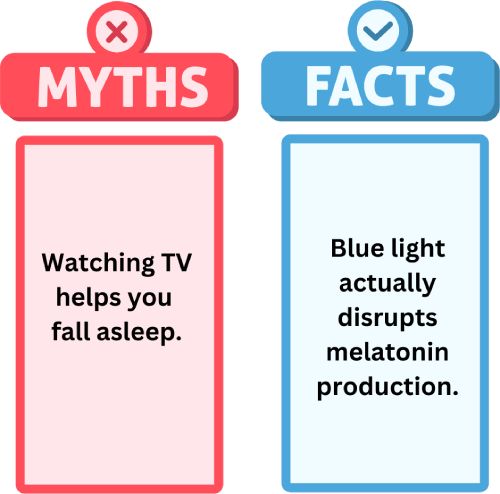
❌ Myth: 5 Hours of Sleep Is Enough
✅ Fact: Adults need 7-9 hours for optimal health.
Some people pride themselves on surviving with only a few hours of sleep, but research shows that long-term sleep deprivation increases the risk of heart disease, obesity, diabetes, and cognitive decline. Aim for at least 7-9 hours of sleep each night to support your overall health, mood, and productivity.
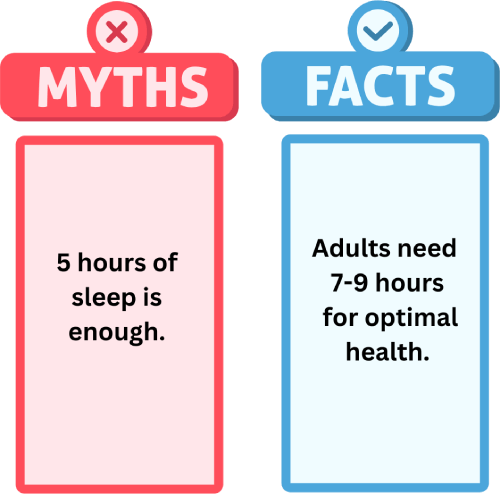
❌ Myth: Drinking Alcohol Improves Sleep
✅ Fact: Alcohol disrupts deep sleep & causes night awakenings.
A nightcap might make you feel drowsy, but alcohol actually reduces the quality of your sleep by disrupting REM (rapid eye movement) sleep—the phase essential for memory and learning. Alcohol can also lead to frequent night awakenings and dehydration. Instead, try herbal tea or warm milk if you need a bedtime drink.
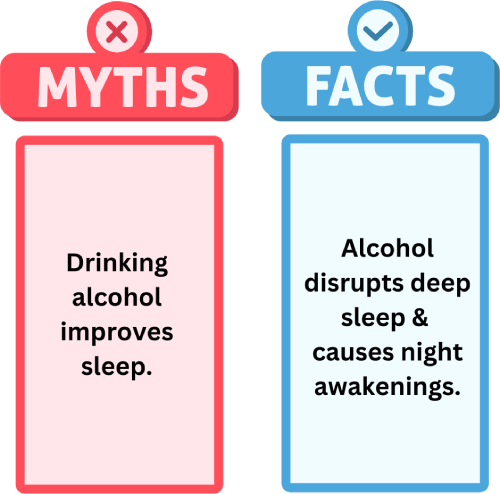
❌ Myth: Snoring Is Harmless
✅ Fact: It can be a sign of sleep apnea & should be checked.
Occasional snoring might not be a concern, but loud, frequent snoring can indicate sleep apnea—a serious condition where breathing repeatedly stops and starts during sleep. Left untreated, sleep apnea can lead to high blood pressure, heart disease, and fatigue. If you or a loved one snores regularly, consider consulting a doctor.
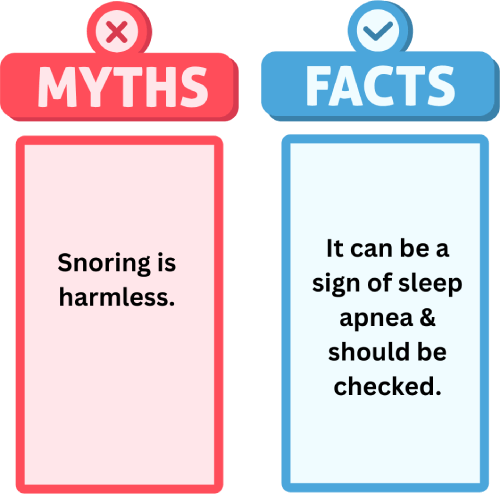
Final Thoughts
Sleep is essential, and understanding the truth about sleep can help you improve your overall well-being. Prioritize good sleep habits by maintaining a consistent schedule, avoiding screens before bed, and ensuring you get enough rest. Don’t fall for common sleep myths—embrace the facts and wake up feeling your best!
🌙 Better Sleep, Better Life!
